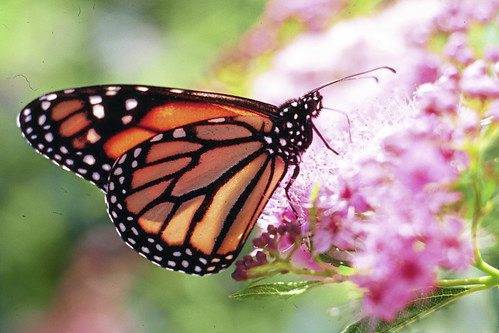A one-acre pollinator garden. Climate change workshops. Riparian buffer planting. Field trips for fourth- and sixth-graders.
Those are some of the programs being funded by the latest round of Environmental Education Grants announced Friday by the state Department of Environmental Protection.
The grants, most of them in the range of $2,500-$3,000, are funded by a 5% set-aside from the pollution fines and penalties collected annually by DEP.
DEP awarded $205,000 in grants to 45 projects addressing environmental justice, climate change and water quality. Grants were awarded to schools, libraries, conservation districts, and environmental and community organizations.
“Supporting these projects will provide children and adults in urban, rural and suburban communities with knowledge of the natural world, the importance of a healthy environment and the value of environmental protection,” said DEP Secretary Patrick McDonnell.
The local beneficiaries are as follows:
Allegheny County
- Allegheny Land Trust — Climate change and water workshops for educators of children from age 2 through second grade ($3,000)
- Pennsylvania Association of Environmental Educators — Water workshops for educators using the Project WET and climate resiliency curricula ($3,000)
Armstrong County
- Armstrong Conservation District — Stormwater management workshop for the public ($2,900)
Butler County
- Butler Area School District — Riparian buffer planting and trout rearing and release at Thorn Creek ($2,590)
- North Hills School District — Field experiences for fourth- and sixth-graders at Lutherlyn Environmental Education Center ($3,000)
- Zelienople Area Public Library — STEM program on local environmental issues for children and environmental speakers program for adults ($3,000)
Westmoreland County
- Saint Vincent College (two projects) — Early childhood nature educator workshop series ($3,000); maple sugar tapping and climate change environmental education for students and the public ($3,000)
- Westmoreland Conservation District — Development of one-acre pollinator garden to educate the public on the importance of pollinator habitat and how to maintain it ($3,000)








